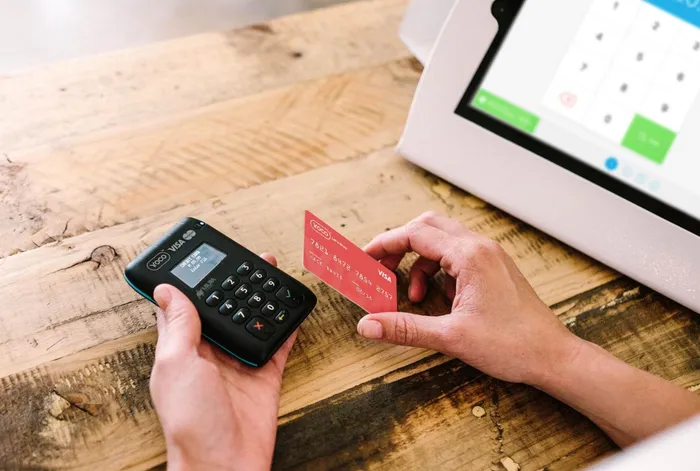
SMEs can streamline sales by integrating digital payment tools such as Yoco, SnapScan, Zapper or PayFast, says the author.
Image: File
For local small and medium enterprises (SMEs), there is a constant pressure to do more with less, which means finding smart ways to cut costs, save time and boost productivity. In this context, technology is one of the most powerful levers available to business owners. When used effectively, digital tools can automate manual or repetitive tasks, enhance customer service, and free up valuable capacity to focus on growth.
Despite this fact, less than 30% of South African SMEs have adopted digital tools. Whether this is due to cost concerns or uncertainty about which solutions will deliver the most impact, the slow uptake could severely undermine local competitiveness in the long run. The good news is that many affordable, practical options are available to help SMEs begin their digital journey. Here are a few starting points:
Automate administrative and repetitive tasks
Time spent on manual paperwork, invoicing, data entry or stocktaking is time not spent on growing the business. Cloud-based accounting software like Xero and Sage can automate invoicing, track expenses and generate real-time financial reports, while inventory management tools can help monitor stock levels and optimise ordering cycles. Even small tweaks – like using scheduling tools to plan meetings or free email automation software to confirm appointments – can save hours each week.
Embrace cloud storage and collaboration tools
Moving operations to the cloud allows business owners and teams to access files, documents and systems from anywhere. Tools like Google Workspace or Microsoft 365 allow for real-time collaboration, document sharing and secure cloud storage. This not only improves communication but also helps decentralise decision-making and reduce dependency on one physical location. The key is to also invest in cybersecurity to protect your information and business.
Improve customer interactions through CRM tools
Customer relationship management (CRM) software helps businesses track customer interactions, manage leads, and personalise service. Leading platforms like HubSpot, Zoho CRM or even free options like Bitrix24 can help SMEs keep a detailed record of client preferences, purchase history and communication, allowing for more targeted engagement. Automating follow-ups and support workflows can also reduce lead times and improve customer satisfaction.
Use data to drive better decisions Technology gives SMEs access to data that was once only available to big corporates. Point-of-sale (POS) systems, website analytics, and customer surveys all generate data that can be analysed to identify trends, track sales performance and understand customer behaviour. With this insight, businesses can respond faster to market changes and customer needs, refine their marketing strategies, and identify new revenue opportunities.
Adopt digital payment and e-commerce solutions
Consumers today increasingly expect seamless, cashless transactions. SMEs can streamline sales by integrating digital payment tools such as Yoco, SnapScan, Zapper or PayFast. For those in retail or services, simple e-commerce platforms like Shopify or local marketplaces can expand customer reach without significant upfront investment. Going digital also creates a valuable data trail that can help manage cash flow and reconcile accounts more easily.
While technology can be a game-changer, it doesn't need to be implemented all at once. The key is to start small and scale smart. This means starting with one or two high-impact areas, testing the tools, training your employees properly, and scaling up gradually over time. Lastly, don’t commit financially until you’re sure – many providers offer free trials or freemium versions that allow businesses to test functionality before opting in.

Jeremy Lang is the managing director at Business Partners Limited.
Image: Supplied
Jeremy Lang, Managing Director at Business Partners Limited
*** The views expressed here do not necessarily represent those of Independent Media or IOL
BUSINESS REPORT